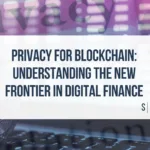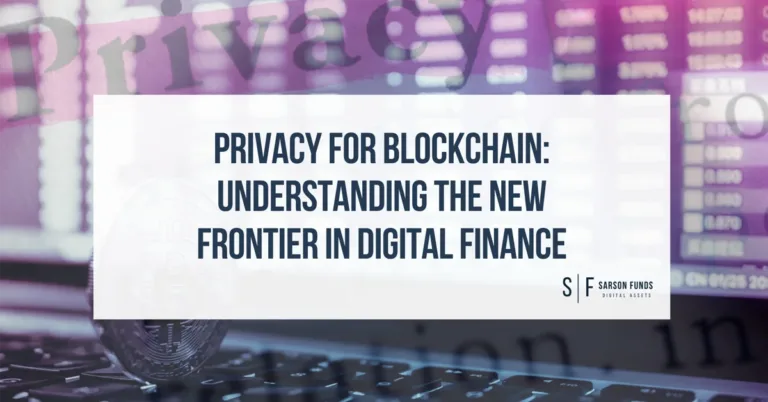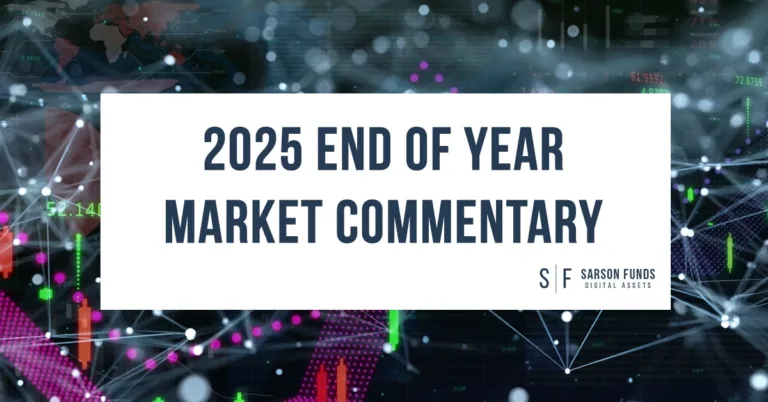
Data is the most valuable asset of the digital age. As this reality unfolds, the world is awakening to the consequences and opportunities that the digital domain poses for mankind. This segment of the Data Sovereignty Series will illustrate the forces at play that dictate the demand and value of data throughout the digital economy.
The ever-expanding internet comes with an ever-increasing demand for data. In many ways, data is like oil, not the most attractive asset to individuals, but the modern world would come to a halt without it. As data is recognized more and more as personal property, people demand premium storage and convenient accessibility with little risk. This demand for data has brought with it an influx of cloud-storage companies with heightened valuations throughout the 2010s, creating a market oligopoly that controls the majority of the global data supply.
In the digital age, data ownership is a proxy for authority. Similar to the oil tycoons who amassed incredible power and political influence through their market dominance, companies in control of global data have achieved similar status. However, if data companies are like oil companies, they will be met with safer, and cheaper substitutes after a few big leaks. The US data leaks over the last year are comparable to historical oil leaks, where those in power covered up the damage their mistakes caused with little repercussions to follow.
The actions taken by the biggest players in the data space are considered by many to be tyrannical, despite the pro-humanitarian perception that these companies have created for themselves. Personal data such as preferences, habits, information, and media have been given value from the demand experienced for them from digital advertisers. This value is established and intermediated through the market that big tech companies have created.
The current data landscape resembles a digital feudal system, where big tech companies exercise dominion over click-inducing platforms in exchange for individuals’ loyalty and service. This modernized feudal replica sees tech companies distribute websites and social media platforms – the digital “land” of our times – to users for the cultivation of engagement and the subsequent harvesting of the created data. Internet users become digital serfs, sending their data as tribute up the pyramid to their digital lords – Facebook, Amazon Web Services, and Google, among several others. This digital pyramid’s structure of services acts as a veil that masks the true value of internet users’ “labor” to those unfamiliar with the system. As such, the majority of the modern population continues to labor blindly.
Like feudal lords, tech companies are profiting off of user data at an increasing rate, with Facebook and Google creating an empire of data creation and distribution through “free” software to users. These companies have large enough audiences to easily adopt a paid subscription business model, rather, their data distribution model monetarily incentivizes them to continue harvesting.
While digital feudalism has created a profit hierarchy from data control, the era of quantum computing is dawning, and data is proving to only be as valuable as the encryption that protects it. Without encryption to secure and ensure the value of data, data would be free-flowing and utterly valueless.
Recent data leaks including the U.S. Government and T-Mobile breaches reveal that most widely-trusted digital security practices are vulnerable to modern hackers, never mind the capabilities of quantum computers. Thus, society must awaken to their blind enslavement to big tech and redefine the data supply chain. For true sovereignty to continue in the digital age, individuals must take control of their data.
While the concept of individual data control is not yet in vogue, there are a few leaders that are emerging with technologies and platforms to empower personal data sovereignty. One of these leaders is cryptography solutions provider Crown Sterling, who is putting data control back in the hands of individuals through the Crown Sovereign, a quantum-resistant cryptocurrency and data management platform. Through the Crown Sterling Wallet, individuals are enabled to transfer their data and deploy NFTs with quantum-proof security. This technology equips individuals to safely manage, distribute, and monetize their data how they wish. As the capabilities of quantum computers become more widely utilized, it will be those who understand the implications of data control who retain their freedom.
For greater discussions on data sovereignty in the digital age, be sure to tune into the Data Sovereignty Series each Tuesday.
Disclosures: Not investment advice. It should be assumed that Sarson Funds or its affiliated managers hold positions in all projects that are discussed. It is not possible to invest in any project directly through Sarson Funds, Inc. or its affiliated managers. Any investment product offered by managers affiliated with Sarson Funds should be assumed to be only available to Accredited Investors and subject to the individual terms and conditions of that offering including but not limited to those eligibility requirements associated with U.S. Securities Regulation D, section 506c. Talk with your financial advisor before making any investment decisions or have them contact Sarson Funds directly at [email protected]









